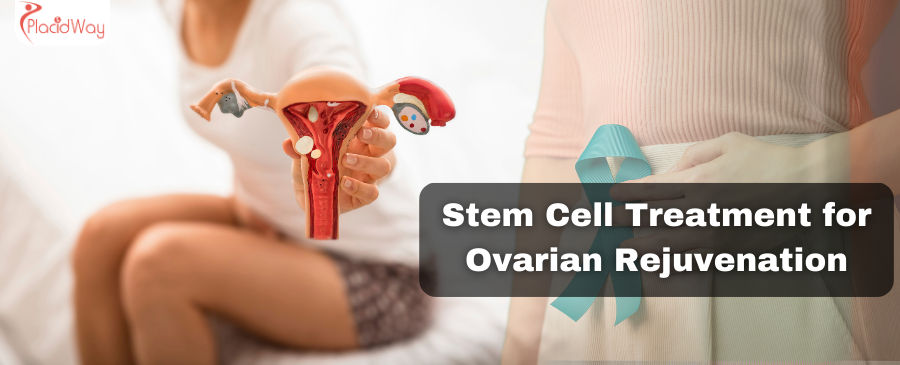
Facing challenges with fertility or the early onset of menopause can be a deeply personal and often difficult journey. For many, conditions like Premature Ovarian Insufficiency (POI) or Diminished Ovarian Reserve (DOR) have traditionally meant limited options. However, the field of regenerative medicine is opening new doors, offering hope through innovative procedures. One of the most promising advancements is stem cell treatment for ovarian rejuvenation. This cutting-edge therapy aims to harness the body's own healing mechanisms to potentially awaken dormant ovarian follicles, improve egg quality, and restore hormonal function.
If you're exploring advanced fertility treatments or seeking ways to address hormonal imbalances related to ovarian aging, you've come to the right place. This guide is designed to answer all your pressing questions about stem cell therapy for ovaries. We will delve into how the treatment works, who it's for, what the success rates look like, and the costs involved. The goal is to provide you with clear, comprehensive, and expert information, helping you understand if this path is right for you. Think of this as a conversation with a specialist, breaking down complex science into understandable insights to empower your healthcare decisions.
What Exactly is Stem Cell Ovarian Rejuvenation?
At its core, stem cell ovarian rejuvenation is a form of regenerative medicine. It is built on the unique ability of stem cells—specifically mesenchymal stem cells (MSCs)—to transform into various cell types and release growth factors that promote healing and reduce inflammation. When introduced into the ovarian environment, these cells are thought to create a more favorable setting for egg development.
The primary objective is to counteract the effects of aging or damage on the ovaries. As women age, their ovarian reserve (the number of available eggs) naturally declines. In some cases, this happens prematurely. This therapy aims to potentially slow or even reverse this process by repairing the ovarian tissue (stroma) and stimulating the follicles that contain immature eggs, encouraging them to mature and become viable for fertilization. It's a proactive approach to enhancing fertility and endocrine function.
How Does Stem Cell Therapy Work for Ovaries?
The mechanism behind stem cell therapy for ovaries is multifaceted. Once administered, typically through direct injection into the ovaries or via an IV catheter, the stem cells begin their regenerative work. They don't necessarily turn into new eggs, but they act as powerful signaling agents and repair crews for the existing ovarian tissue.
The process can be broken down into a few key actions:
- Anti-Inflammatory Effects: Chronic inflammation can impair ovarian function. Stem cells release anti-inflammatory agents that calm the tissue environment, making it more conducive to healthy follicle development.
- Paracrine Signaling: Stem cells secrete various growth factors, cytokines, and extracellular vesicles. These molecules signal to the surrounding cells, encouraging them to repair themselves and function more effectively.
- Angiogenesis: They promote the formation of new blood vessels, improving blood supply to the ovaries. Better blood flow means more oxygen and nutrients reach the developing follicles, which is crucial for improving egg quality.
- Tissue Remodeling: Stem cells can help repair scarred or fibrotic ovarian tissue, creating a healthier structure for follicles to grow.
Essentially, the therapy aims to create a "younger" biological environment within the ovaries, giving the remaining follicles a better chance to develop properly.
Who is a Good Candidate for This Treatment?
While promising, this treatment isn't suitable for everyone. A thorough medical evaluation is necessary to determine candidacy. Generally, the ideal candidate is a woman who still has a reserve of ovarian follicles, even if they are dormant or not responding well.
Key groups who may benefit include:
- Women with Premature Ovarian Insufficiency (POI): This condition, also known as premature ovarian failure, occurs when the ovaries stop functioning normally before age 40.
- Women with Diminished Ovarian Reserve (DOR): Women who have a lower number of eggs than expected for their age.
- Perimenopausal Women: Women in the transitional stage before menopause who wish to extend their fertility or alleviate severe symptoms.
- Poor IVF Responders: Women who have undergone IVF cycles but produced few or poor-quality eggs.
It is important to have realistic expectations. The treatment is more likely to be effective in younger women and those whose ovarian function has not completely ceased. A doctor will assess hormone levels (like AMH and FSH), antral follicle count, and overall health before recommending the procedure.
How Much Does Stem Cell Treatment for Ovarian Rejuvenation Cost?
The cost of this advanced therapy is a significant consideration for most patients. As it is still considered an innovative and specialized treatment, it is rarely covered by insurance. The final price tag depends on a multitude of factors, making it essential to get a detailed quote from your chosen clinic.
The main factors influencing the cost are the source of the stem cells (autologous from your own body fat/bone marrow or allogeneic from a donor source like umbilical cord tissue) and the complexity of the procedure. Clinics in countries known for medical tourism may offer more competitive pricing. Below is a general cost comparison table to provide a clearer picture.
| Region/Country | Average Cost Range (USD) | Commonly Included Services |
|---|---|---|
| United States | $15,000 - $30,000+ | Consultation, cell processing, procedure, limited follow-up. |
| Europe (e.g., Greece, Spain) | $8,000 - $18,000 | Consultation, procedure, post-procedure monitoring. |
| Mexico | $7,000 - $15,000 | Often includes airport transfers, accommodation assistance. |
| Asia (e.g., Thailand, Malaysia) | $9,000 - $20,000 | All-inclusive packages may be available. |
What is the Success Rate of Stem Cell Ovarian Rejuvenation?
Measuring the "success" of stem cell ovarian rejuvenation can be complex, as it depends on the patient's goals. For some, success is the restoration of a regular menstrual cycle and balanced hormones. For others, the ultimate goal is achieving a viable pregnancy.
Current clinical studies and reports from leading clinics suggest promising outcomes. Many women see a decrease in follicle-stimulating hormone (FSH) levels and an increase in anti-Müllerian hormone (AMH) levels, both of which are positive indicators of improved ovarian function. The resumption of menses is also a common outcome for perimenopausal women or those with POI. While pregnancy rates vary significantly based on age and individual health, a notable number of women have been able to conceive, either naturally or with IVF, following the therapy. It is crucial to discuss specific success rates and what they mean with your chosen clinic.
Where Do the Stem Cells Come From?
The source of the stem cells is a critical aspect of the therapy. There are two primary types used:
- Autologous Stem Cells: These are harvested from your own body. The most common sources are bone marrow, aspirated from the hip bone, or adipose tissue, collected via a mini-liposuction procedure. The main advantage is that there is no risk of rejection since the cells are your own.
- Allogeneic Stem Cells: These come from a third-party donor. The most potent and commonly used allogeneic MSCs are derived from the Wharton's jelly of donated umbilical cords. These cells are young, vibrant, and screened for safety. They also have low immunogenicity, meaning the risk of an adverse immune reaction is very low.
The choice between autologous and allogeneic cells depends on the clinic's protocol, the patient's health and age, and regulatory considerations in the country where the treatment is performed.
What is the Procedure Like? Is it Painful?
The entire process is typically completed in a single day. If you are using autologous cells, the day will start with the harvesting procedure (either bone marrow aspiration or mini-liposuction), which is done under local anesthesia. The collected sample is then taken to a lab to isolate and concentrate the stem cells, a process that takes a few hours.
The administration phase is the core of the treatment. You will be given light sedation or anesthesia for comfort. The doctor then uses a transvaginal ultrasound to guide a thin needle through the vaginal wall and into each ovary to deliver the stem cell solution. The process is very similar to the egg retrieval part of an IVF cycle. Discomfort is generally mild, and patients can usually return to their hotel or home the same day to rest.
Are There Any Risks or Side Effects?
Safety is a primary concern for any medical procedure. Overall, stem cell therapy for ovaries has a strong safety profile, especially when performed by experienced specialists in a reputable clinic. Since the procedure is minimally invasive, the risks are significantly lower than those associated with major surgery.
The most common side effects are temporary and mild, including:
- Pelvic cramping or discomfort for a day or two.
- Minor vaginal spotting.
- A feeling of bloating or fullness.
If autologous cells are used, there may be some soreness at the harvest site (hip or abdomen). The risk of infection, bleeding, or damage to surrounding organs is extremely low when the procedure is done under ultrasound guidance by a skilled physician. When using allogeneic cells from a reputable source, the risk of disease transmission is virtually eliminated due to rigorous screening protocols.
Ready to Explore Your Options for Ovarian Rejuvenation?
Discover how regenerative medicine can help you on your journey to improved fertility and hormonal wellness. PlacidWay connects you with leading global clinics specializing in stem cell therapies.
Stem Cell Therapy Abroad

.jpeg)

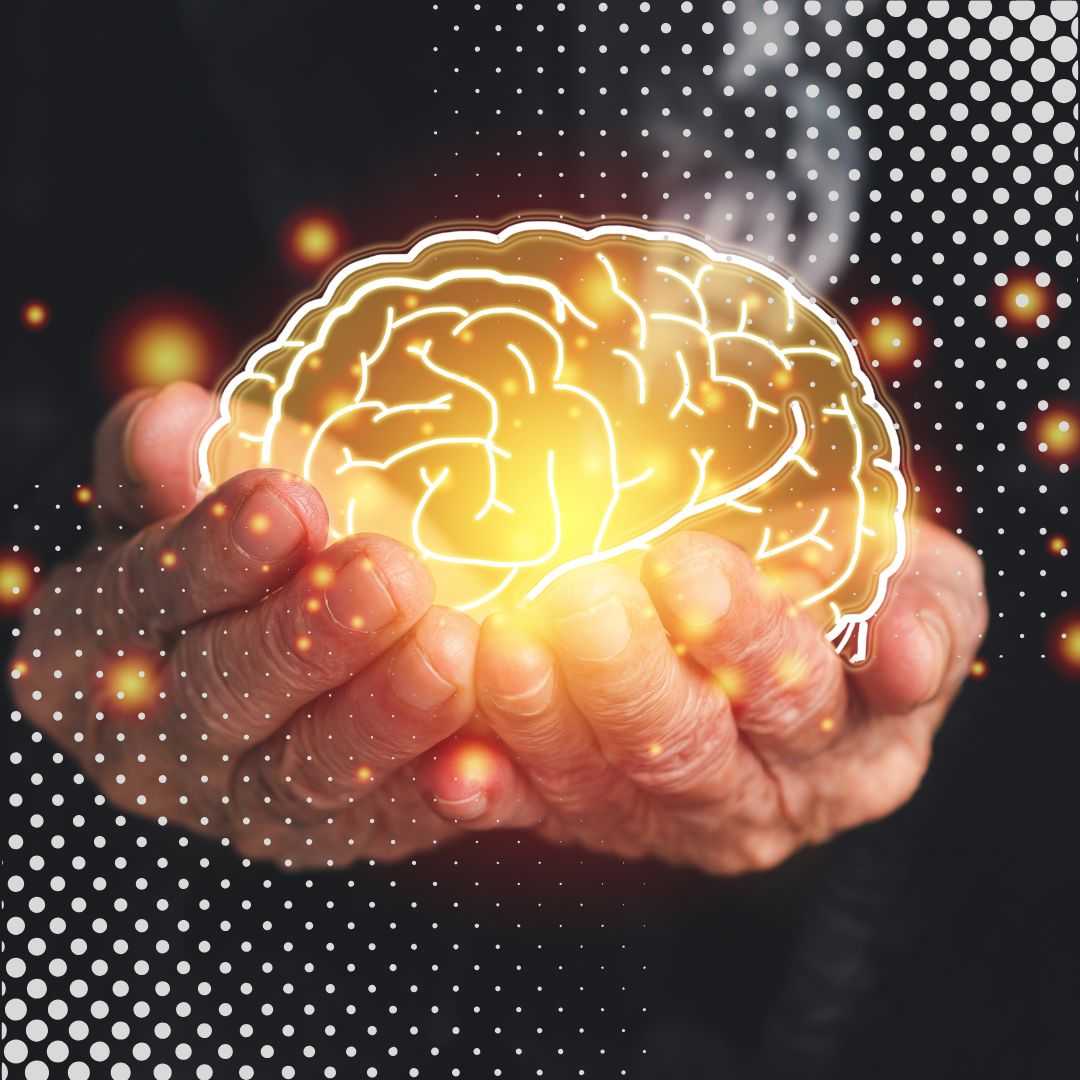
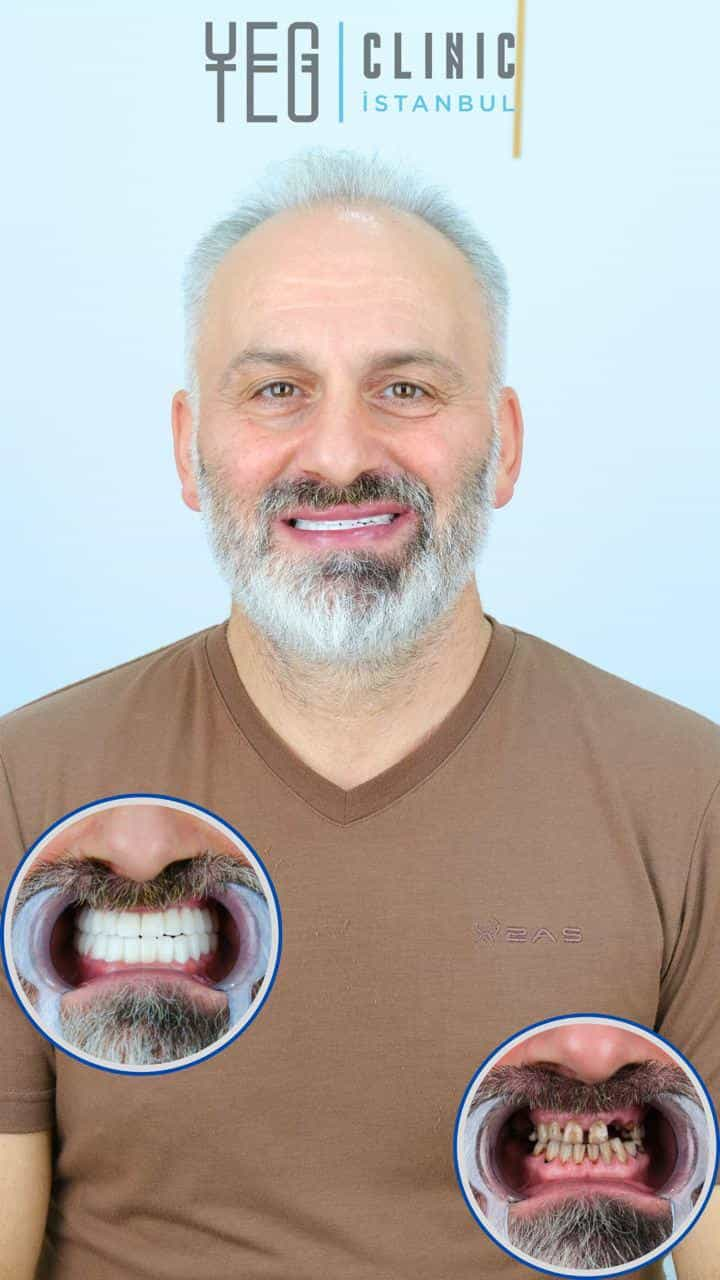

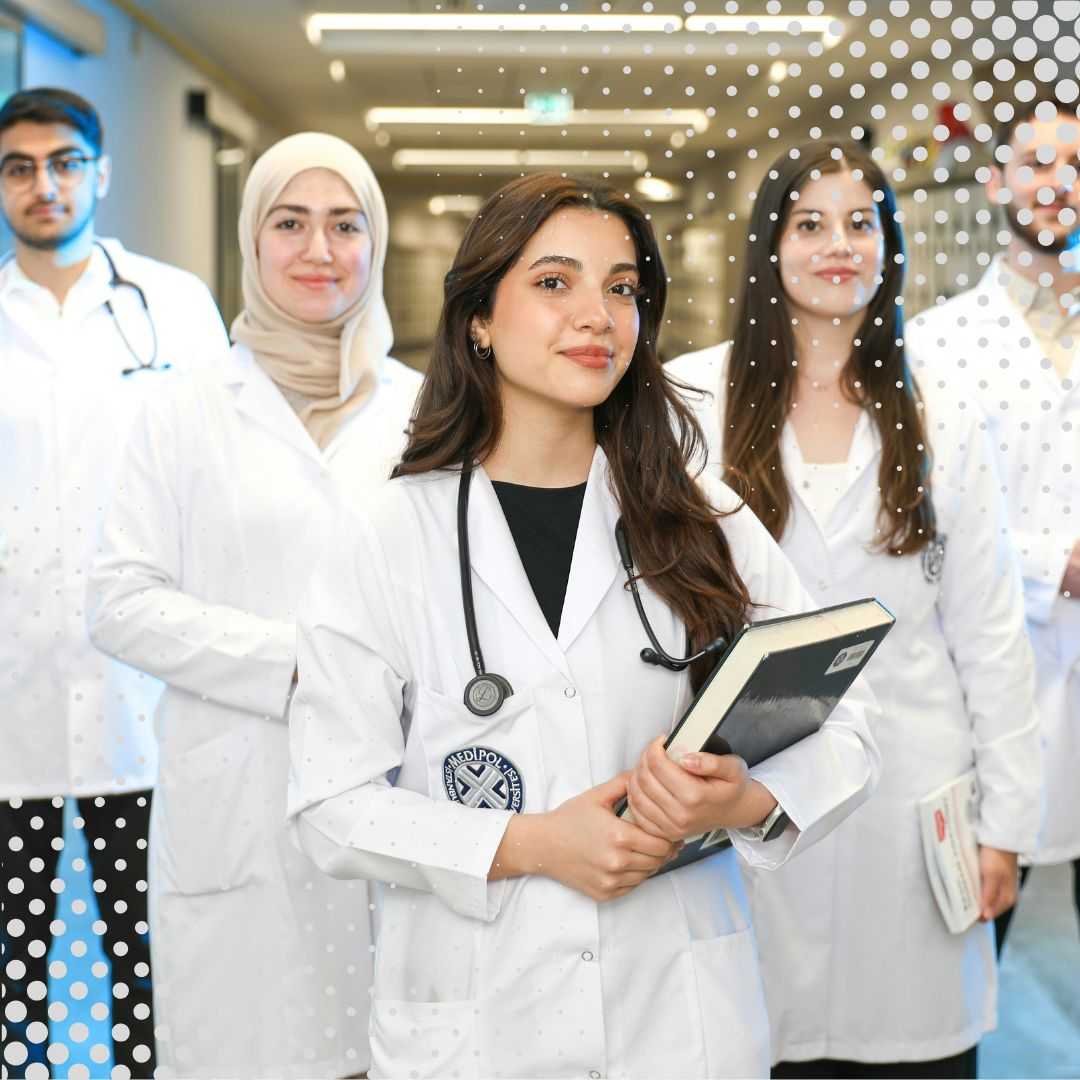

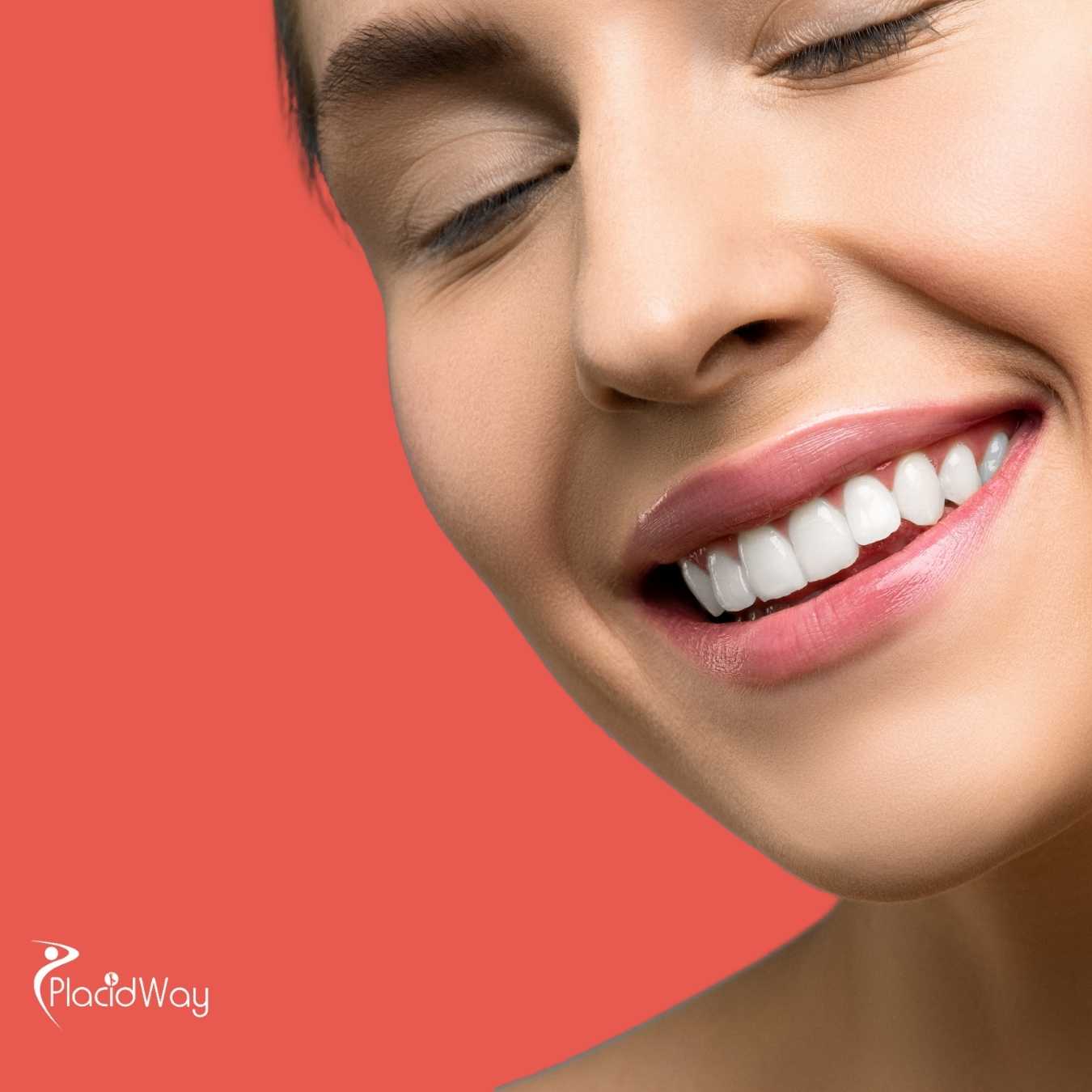

Share this listing